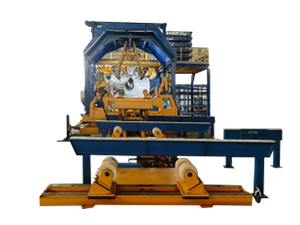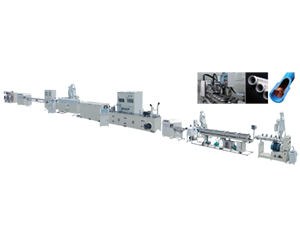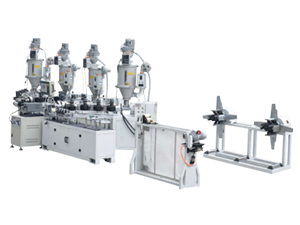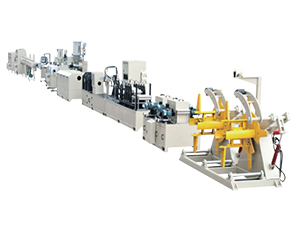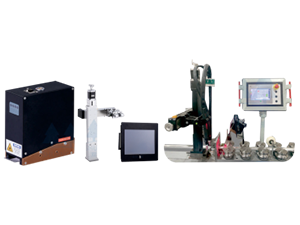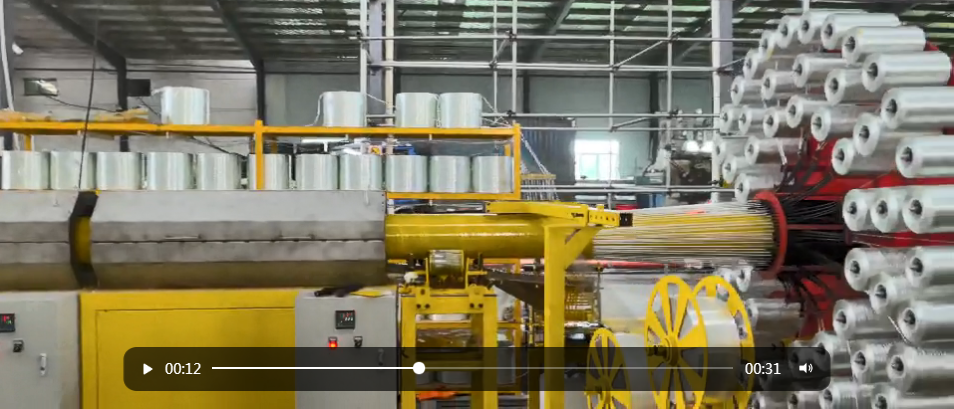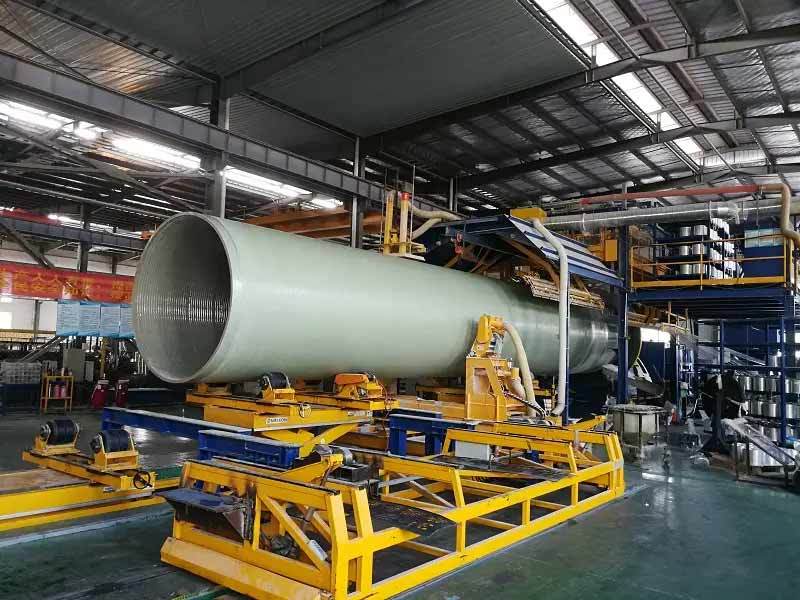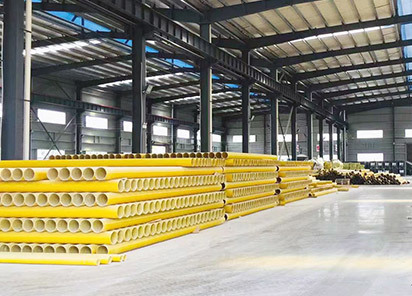Exploring the Efficiency of Modern FRP Pipe Making Machines: A Comprehensive Guide
May 29,2025
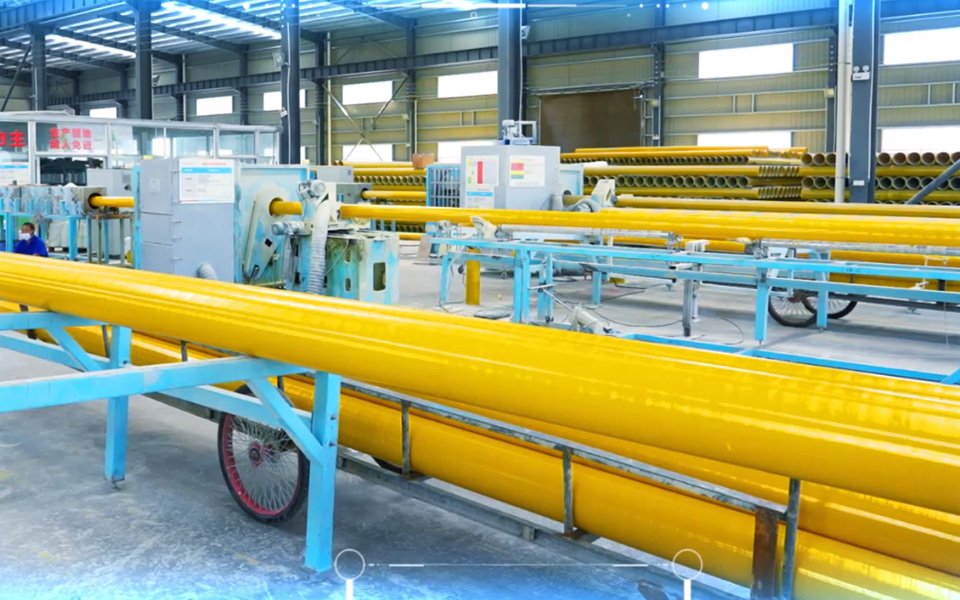
Exploring the Efficiency of Modern FRP Pipe Making Machines
Table of Contents
- 1. Introduction to FRP Pipe Making Machines
- 2. Understanding FRP (Fiber Reinforced Polymer) and Its Applications
- 3. The Significance of Efficient Pipe Manufacturing
- 4. Advanced Technology in Modern FRP Pipe Making Machines
- 5. Key Features of Efficient FRP Pipe Making Machines
- 6. The Manufacturing Process of FRP Pipes
- 7. Benefits of Using Modern FRP Pipe Making Machines
- 8. Maintenance Tips for Optimal Machine Performance
- 9. The Future of FRP Pipe Manufacturing Technology
- 10. Conclusion
- 11. Frequently Asked Questions
1. Introduction to FRP Pipe Making Machines
In the realm of manufacturing, **FRP (Fiber Reinforced Polymer) pipe making machines** have emerged as a game-changer. These machines are equipped with cutting-edge technology that revolutionizes the production of pipes used in various industries, including construction, agriculture, and chemical processing. The efficiency of these machines not only improves the quality of the final product but also enhances production speed, thereby meeting the growing demands of modern infrastructure.
2. Understanding FRP (Fiber Reinforced Polymer) and Its Applications
FRP is a composite material made of a polymer matrix reinforced with fibers, typically glass, carbon, or aramid. This combination allows FRP to exhibit extraordinary strength-to-weight ratios and corrosion resistance, making it ideal for various applications. **Common uses of FRP pipes** include:
- **Chemical Processing:** Resistant to harsh chemicals and environments.
- **Water Supply Systems:** Durable and lightweight, making transportation easier.
- **Wastewater Management:** Effective in managing corrosive materials.
- **Oil and Gas Industry:** Excellent performance under high pressure and temperature.
Understanding the properties and benefits of FRP is crucial for manufacturers looking to optimize their production processes.
3. The Significance of Efficient Pipe Manufacturing
Efficiency in manufacturing directly correlates with profitability and sustainability. Modern FRP pipe making machines help manufacturers achieve higher output rates while minimizing waste. This level of efficiency is critical as industries strive to reduce operational costs and environmental impacts.
Utilizing **efficient FRP pipe production methods** not only cuts down on time and labor but also ensures that products meet stringent quality standards, paving the way for a competitive edge in the market.
4. Advanced Technology in Modern FRP Pipe Making Machines
The evolution of technology in the realm of FRP pipe manufacturing has led to machines that are not only faster but also smarter. **Modern FRP pipe making machines** incorporate:
- **Automated Control Systems:** Allow for precise monitoring and adjustments during production cycles.
- **Real-Time Data Analytics:** Enable manufacturers to track production metrics, predict maintenance needs, and optimize processes.
- **Energy-Efficient Designs:** Reduce energy consumption while maintaining high performance.
These technological advancements contribute significantly to the overall efficiency and effectiveness of pipe production.
5. Key Features of Efficient FRP Pipe Making Machines
When evaluating different FRP pipe making machines, several key features should be considered:
- **High Production Capacity:** Ability to produce large quantities of pipes in a short time frame.
- **Versatility:** Capability to manufacture pipes of various diameters and lengths.
- **Ease of Operation:** User-friendly interfaces that require minimal training.
- **Durability:** Robust construction to withstand industrial environments.
- **Maintenance Accessibility:** Designs that facilitate easy access for repairs and maintenance.
These features not only enhance the production process but also contribute to the longevity of the machines.
6. The Manufacturing Process of FRP Pipes
The manufacturing process of FRP pipes involves several critical steps that contribute to the quality and efficiency of the final product:
1. **Material Preparation:** Selecting the right resin and reinforcing fibers.
2. **Mixing:** Combining the resin with the fibers to create a homogenous mixture.
3. **Molding:** Forming the pipe using methods such as filament winding or resin transfer molding.
4. **Curing:** Allowing the pipe to harden and achieve its strength characteristics.
5. **Finishing:** Trimming and inspecting the pipes for quality assurance.
Each step in this process is essential for ensuring the production of high-quality FRP pipes that meet industry specifications.
7. Benefits of Using Modern FRP Pipe Making Machines
The advantages of implementing modern FRP pipe making machines in your manufacturing facility are numerous:
- **Cost-Effectiveness:** Reduced raw material usage and lower labor costs.
- **Improved Quality Control:** Enhanced monitoring leads to fewer defects.
- **Faster Production Times:** Increased output without sacrificing quality.
- **Sustainability:** Lower environmental impact through reduced waste and energy efficiency.
- **Competitive Advantage:** Ability to meet market demands swiftly and reliably.
These benefits highlight the importance of investing in modern machinery for manufacturers aiming to remain competitive in a rapidly evolving industry.
8. Maintenance Tips for Optimal Machine Performance
To ensure that FRP pipe making machines operate efficiently over time, regular maintenance is essential. Here are some practical tips:
- **Routine Inspections:** Regularly check for wear and tear on critical components.
- **Lubrication:** Keep moving parts well-lubricated to prevent friction and overheating.
- **Calibration:** Periodically calibrate machines to maintain accuracy.
- **Cleaning:** Ensure that all components are free of debris and contaminants.
- **Training:** Provide ongoing training for operators to minimize human error.
Following these maintenance practices can extend the life of your machines and enhance their performance.
9. The Future of FRP Pipe Manufacturing Technology
As industries continue to innovate, the future of FRP pipe manufacturing looks promising. Expected advancements include:
- **Smart Manufacturing:** Integration of IoT technologies for real-time monitoring and predictive maintenance.
- **Sustainability Initiatives:** Development of eco-friendly materials and processes.
- **Customization Capabilities:** Enhanced software that allows for personalized pipe designs based on customer needs.
These trends indicate a shift towards smarter, more sustainable manufacturing practices that will further improve efficiency and output in the industry.
10. Conclusion
In conclusion, modern **FRP pipe making machines** play a crucial role in enhancing manufacturing efficiency and quality. With their advanced technology, key features, and numerous benefits, these machines are essential for businesses looking to thrive in the competitive manufacturing landscape. By investing in such equipment and implementing effective maintenance practices, manufacturers can ensure long-term success and sustainability.
11. Frequently Asked Questions
1. What is an FRP pipe, and why is it used?
FRP pipes are made from a composite material that combines a polymer matrix with reinforcing fibers. They are used primarily for their strength, lightweight properties, and resistance to corrosion.
2. How do modern FRP pipe making machines improve efficiency?
These machines utilize automation, real-time data analytics, and energy-efficient designs to streamline production processes, reduce waste, and enhance output rates.
3. What are the primary applications of FRP pipes?
FRP pipes are widely used in chemical processing, water supply, wastewater management, and the oil and gas industry due to their unique properties.
4. How often should maintenance be performed on FRP pipe making machines?
Regular maintenance should be performed based on the manufacturer's recommendations, typically involving routine inspections and lubrication every few months.
5. What advancements can we expect in FRP pipe manufacturing in the future?
Future advancements may include smart manufacturing technologies, increased sustainability efforts, and enhanced customization capabilities for pipe designs.
By understanding the efficiency and potential of modern FRP pipe making machines, manufacturers can leverage technology to improve their production processes and remain competitive in the evolving market landscape.
Contact Us
E-mail:
Phone/Wechat/WhatsApp
Address:
A2-1408, Kaichuang Avenue to Tai Plaza, Huangpu District, Guangzhou City, Guangdong Province


